Fera Science Ltd conducting the research for the FSA reports that Nando’s, Morrisons, Cranswick and Oakland Farms have provided the four waste streams under investigation. Research on rearing of black soldier fly (BSF) larvae using these waste streams from restaurant kitchens, supermarkets, mixed food processing and poultry farming has the potential to improve sustainability across the food and feed supply chains.
Dr Maureen Wakefield, Principal Scientist and FSA research project lead for Fera, says:
“Our research project for the FSA has the potential to deliver a significant step forward in realising the potential of insect bioconversion (IB) to manage sustainably a range of widely available mixed wastes that are currently not permitted for use due to the presence of animal by-products (ABP).
Our research utilising these four waste streams is examining whether there are risks to utilising these for IB. The project will provide the FSA with data for a risk assessment, which is required to determine whether there could be scope for a regulatory change.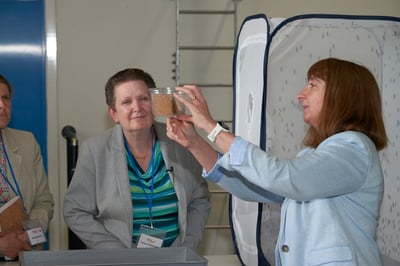
With significant pressure on the food, feed and farming sectors to reduce their environmental impact, such a regulatory change could boost efficient management of such wastes as well as generating a sustainable source of animal feed and other valuable co-products."
The four waste streams are drawn from local sources close to Fera in the north of England. Catering waste has been supplied from the kitchens of popular restaurant chain, Nando’s. Mixed food waste comes from Morrisons stores, whilst food processor Cranswick has provided mixed but largely bakery waste. The fourth waste stream, poultry manure, has been sourced from Oakland Farms in Yorkshire.
George Roach, Director of Oakland Farms Limited, confirms their support of the research.
“The FSA research project being run by Fera fits perfectly with what we are doing as a business here at Oakland Farms. My belief is that black soldier fly production has huge potential for reducing reliance on imported soyabean meal but, for this to be viable, it has to be using a true waste stream such as poultry manure, not, as is currently the case, feedstocks that could be going directly to human and animal feed. When this is coupled with the possibility for added value through the bioconversion of poultry manure into a more nutrient dense fertiliser, I could not have been happier to help by supplying one of the waste streams, namely poultry manure.”
The choice of materials under investigation was established by responses to a questionnaire sent to key stakeholders including the NFU, insect breeders and farmers, and major food and feed producers. Selection was based on three factors: the expressed needs of stakeholders; the availability of the waste stream over time, together with the perceived ability of the insects to utilise that stream effectively.
Dr Wakefield of Fera explains the current status of the FSA project:
“The rearing phase of the project that has seen the larvae of BSFL feed and grow on the four waste streams is now complete. Whilst research attention will be paid to conversion efficiency of each waste stream - development time, larvae size and waste reduction - the main phase of the project to assess safety of the resultant larvae has now begun.”
Safety is paramount from the FSA’s perspective and from the other providers of the waste streams central to the project, together with the potential to support each organisation’s drive towards enhanced sustainability and net zero targets.
Commenting on behalf of the restaurant chain Nando’s, Sam McCarthy, Head of Sustainability, said:
“Sustainability is nothing new to Nando’s. For almost a decade we have been beavering away behind the scenes to ensure that we are treading lightly on our planet and supporting communities in which we operate. We are excited to be part of this FSA and Fera project and the potential that it could provide a productive and sustainable new use for a waste stream and the possibility of evolving our chicken feed in the future.”
Sophie Throup, Technical and Sustainability Director for Morrisons manufacturing also confirms enthusiasm and support for the project.
“At Morrisons, we have a clear set of sustainability goals for our supermarket, manufacturing and logistics businesses and teams are working hard across the supply chain to help reduce emissions.
.jpg?width=400&height=267&name=shutterstock_1062876239%20(3).jpg) Over the last few years, we have been taking food waste that is perfectly safe to eat but unable to be redistributed and use it to feed black soldier fly larvae. The fly larvae are then fed to laying hens in our supply chain to help remove soya from their diet which has been a huge environmental milestone.
Over the last few years, we have been taking food waste that is perfectly safe to eat but unable to be redistributed and use it to feed black soldier fly larvae. The fly larvae are then fed to laying hens in our supply chain to help remove soya from their diet which has been a huge environmental milestone.
We already share an interest in circular energy chains and how they work practically but we're keen to understand whether it is possible for food waste to be safely used to create 'usable' calories for our livestock feed, and introduce an alternative to sending food waste to anaerobic digestion facilities."
Cranswick, food producers and processors based in Yorkshire, has invested in their ethical and sustainable supply chain over a considerable period and see their collaboration with Fera on this project as a natural extension of that investment.
Clive Stephens, Cranswick’s Head of Research & Development says:
“At Cranswick, we don’t want to be part of the problem – we want to be part of the solution by inspiring positive change by leading the way so that others can follow. Participation in the FSA project led by Fera provides us with the opportunity to support the evolution of the innovation that is IB.”
Dr Maureen Wakefield of Fera concludes:
“It is essential that a full investigation is carried out on all potential risks from the waste streams as well as from the larvae and the frass, as the ultimate destination of increased uptake of the novel technology of IB is likely to be the human food or livestock feed chain and fertiliser for plants.
Thanks to the collaboration of all our partners in the project from industry, food and academic sectors, we are able to provide ‘real world’ data driving forward our scientific knowledge on IB and on which policies can be reviewed and developed particularly by the FSA.”
A final report is expected to be provided by Fera to the FSA at the end of 2023. Following sign off, the FSA research report will be made available publicly via an Open Access article with a joint FSA/Fera dissemination event planned for Q2 2024.
Find out more about Fera Insect Research Services here: https://www.fera.co.uk/insect-bioconversion-reforming-the-food-system


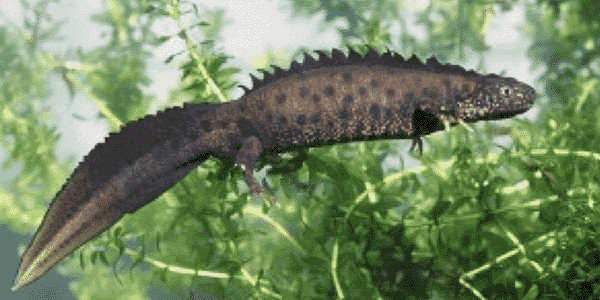

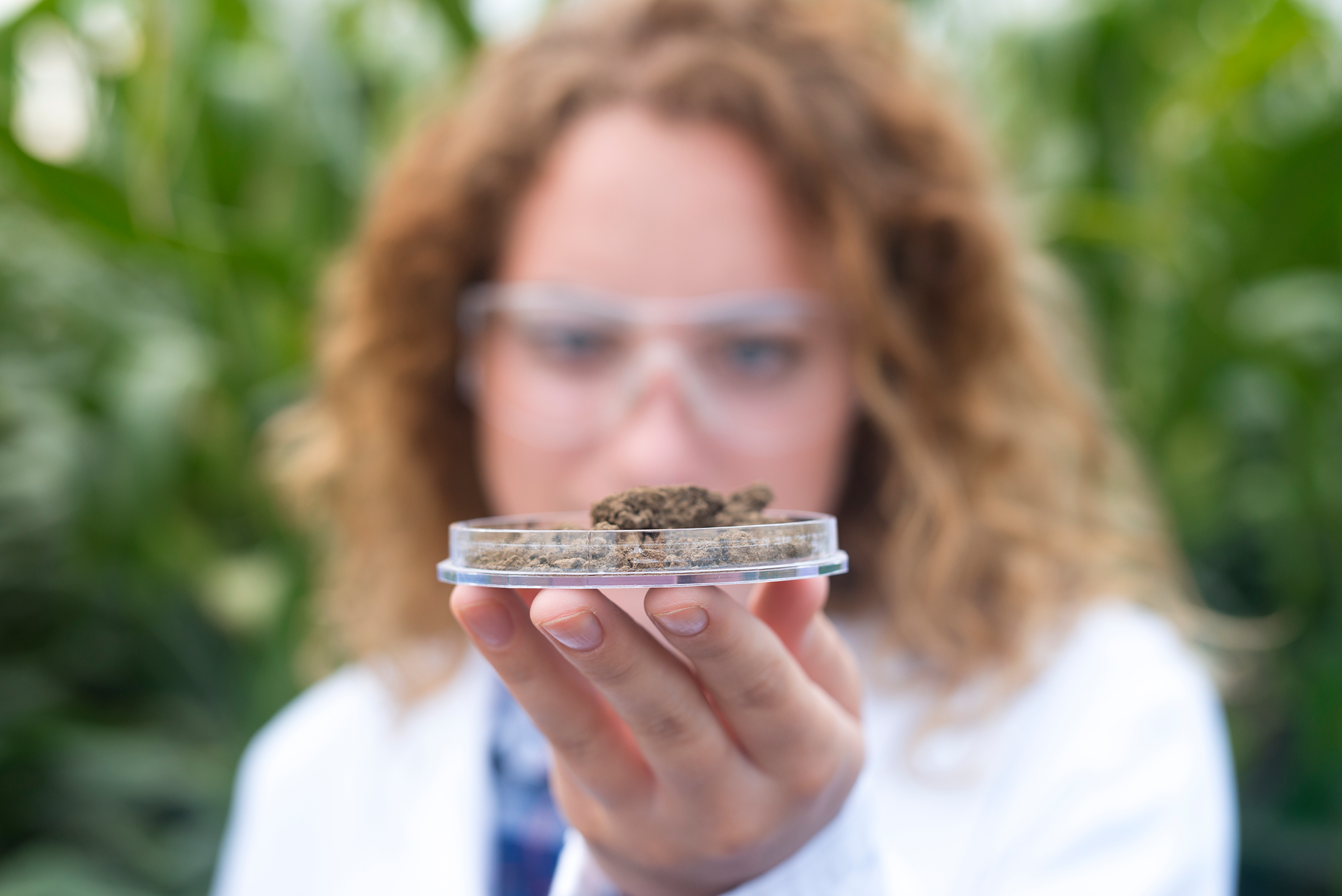
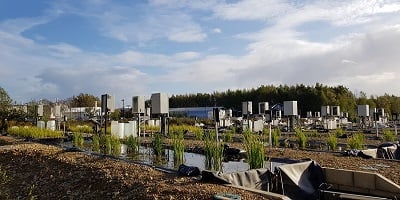
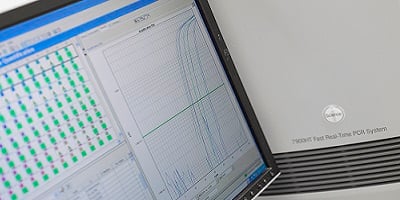
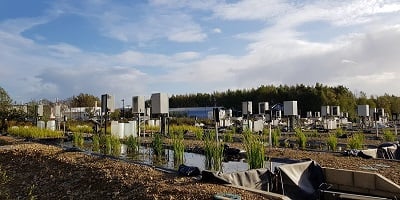
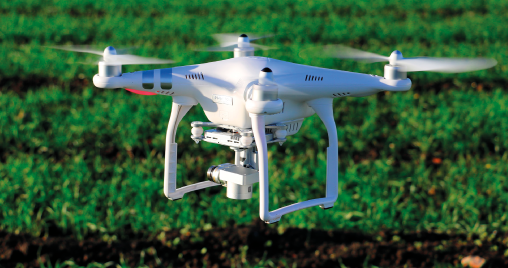
.jpg)